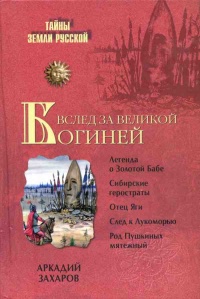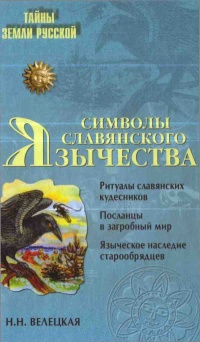Книга Тайны языческих богов - Эдвин Оливер Джеймс
Читать книгу Тайны языческих богов - Эдвин Оливер Джеймс полностью.
Шрифт:
-
+
Интервал:
-
+
Закладка:
Сделать
Перейти на страницу:
Перейти на страницу:
Книги схожие с книгой «Тайны языческих богов - Эдвин Оливер Джеймс» от автора - Эдвин Оливер Джеймс:
Комментарии и отзывы (0) к книге "Тайны языческих богов - Эдвин Оливер Джеймс"








